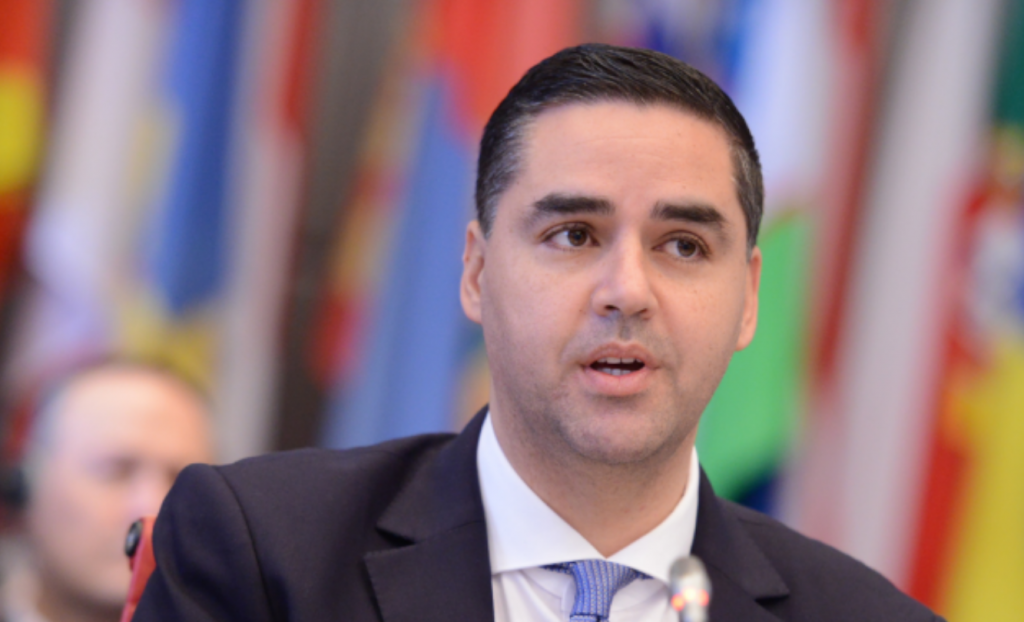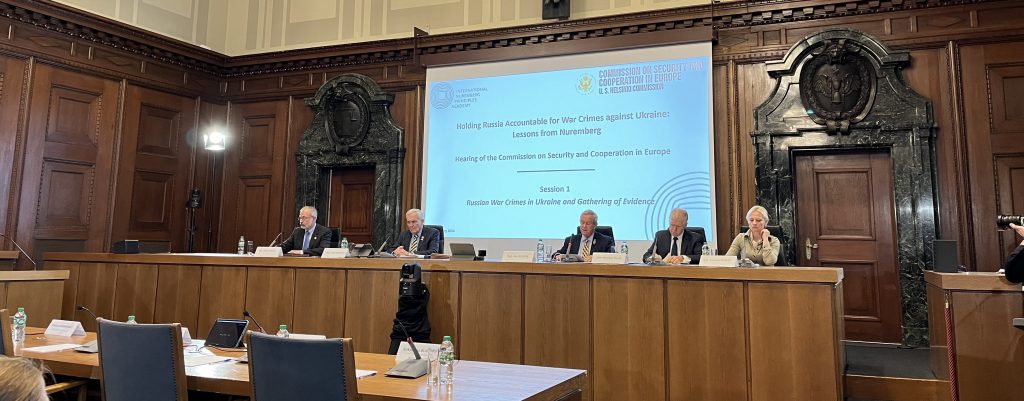Each country visited by the delegation has its own particular problems, as they all cope with their newly acquired independence. Their implementation of CSCE commitments naturally reflects the political circumstances obtaining in the country at large.
Belarus exhibits little evidence of ethnic conflict (the situation of the Polish minority, while worrisome, is unlikely to become a state-threatening crisis) and Belarus has historic and ethnic reasons to cleave to Russia, despite the breakup of the USSR. As in Turkmenistan, Belarus’s post-Soviet “stability” appears to mean relatively little organized political activity and the survival in power of the renamed Communist Party elite. On the other hand, such “stability” retards growth away from Soviet reality. By contrast, Georgia and Moldova are far more unstable. They share the unhappy reality of ethnic war, exacerbated in Georgia by a bitter rift between supporters of the current and former authorities. As states without Slavic majorities and with historic reasons to fear Russian domination, their efforts to create a non-Soviet personality and structure have been accompanied by major disruptions and bloodshed, while their relations with Russia — an important factor in their hopes to achieve stability — have been stormy.
Georgia is engulfed in bloody ethnic disputes (particularly in South Ossetia, where a multilateral peacekeeping force has restrained the violence, and Abkhazia) and a political conflict (between backers of ousted President Zviad Gamsakhurdia and Eduard Shevardnadze). Gamsakhurdia’s removal by force last January is the key to Georgian politics today, as it determines the legitimacy — or lack of legitimacy — of the current government and the battle between adherents of the opposing sides. Whether stability can be attained under such circumstances, even after the scheduled October parliamentary election, is unclear. Consequently, prospects are uncertain in Georgia for resolving ethnic tensions and establishing a law-based state which observes human rights and protects national minorities.
The chief concern in Moldova is the carnage of the civil war in Transdniestria. President Snegur and other officials emphasized their wish to find a just solution to the issue but were clearly concerned about the aggressive position of Russia, while two major political groups charged that the Snegur administration had gravely mishandled the crisis. Parliamentarians and government representatives outlined other areas in which Chisinau was attempting to reconcile various claims and interests of the ethnic Moldovan Romanophone majority with those of the many other ethnic groups in the country. The editor of the major Jewish newspaper in Chisinau reported a significant rise in Jewish cultural activities, but also detected signs of an increase in “day-to-day anti-Semitism.” Evangelical Christian leaders reported that their churches were carrying on an extensive program of evangelization, despite what they considered a noticeable tilt in Moldovan “freedom of conscience” legislation toward the “national” Orthodox church.
In Belarus, democratization has made relatively little progress. The Belarusian Popular Front and its allies have secured enough petition signatures to force a referendum on establishing a new parliament, but the Front fears that the old-line majority in the parliament will delay holding the referendum until it can reinforce its grip on power. The press is entirely subsidized by the government, limiting the opposition’s ability to get its message out. There are at least four “secrecy” refuseniks in Belarus, and although a new “exit and entry” law is being drafted, OVIR officials defended the present practice of detaining emigration applicants for up to five years on the basis of their access to “secrets.” The leader of the Belarus Baptist community was enthusiastic about the new freedoms and opportunities enjoyed by the church, and praised Supreme Soviet Chairman Shushkevich for his positive attitude toward believers in Belarus. In contrast, the Roman Catholic Archbishop of Minsk and Mogilev charged that Minsk was delaying the return of churches and church property to the church, apparently out of fear that the predominantly Polish-language church was part of a Polish irredentist movement in Western Belarus.








